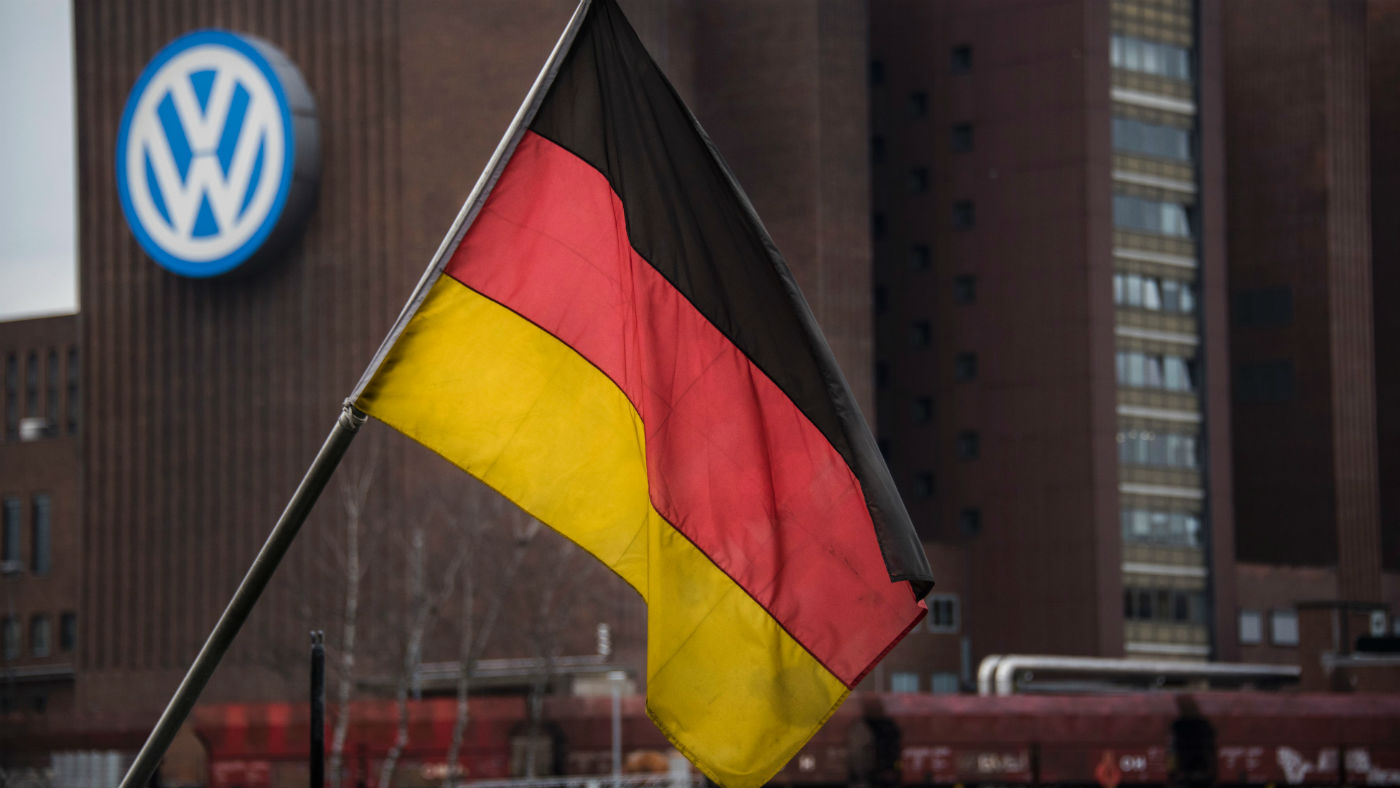Is Germany sliding into recession?
A downturn in Europe’s largest economy would have huge repercussions for the eurozone and possibly Brexit

A free daily email with the biggest news stories of the day – and the best features from TheWeek.com
You are now subscribed
Your newsletter sign-up was successful
Fears are growing that Germany may have slid into recession for the first time since the European debt crisis five years ago.
Shock data from the federal statistics office Destatis shows industrial production plummeted for the third consecutive month in December. Output fell by 1.9% compared to November, much worse than the 0.3% uptick economists polled by Reuters had expected.
That meant production was 4.7% lower than a year earlier, the biggest drop since 2009 at the height of the financial crisis.
The Week
Escape your echo chamber. Get the facts behind the news, plus analysis from multiple perspectives.

Sign up for The Week's Free Newsletters
From our morning news briefing to a weekly Good News Newsletter, get the best of The Week delivered directly to your inbox.
From our morning news briefing to a weekly Good News Newsletter, get the best of The Week delivered directly to your inbox.
Official growth figures from the final three months of the year will be published next week. However, industrial output is usually a good indicator of wider economic performance, suggesting the economy may have suffered a second consecutive quarter of economic contraction at the end of 2018 – the technical definition of a recession – after the economy shrunk 0.2% in the third quarter.
A number of economists have said the chance of a recession has increased, with Oxford Economics predicting a second consecutive quarter of negative growth was now “a reasonably high risk”.
“The stock response to the contraction in the third quarter was that it was due to the tightening up of European vehicle emission standards which led to one-off problems for its carmakers that would quickly be overcome,” says The Guardian’s economics editor Larry Elliott.
But “while the bounce-back has been delayed rather than cancelled, Europe’s biggest economy faces significant headwinds”, he says.
A free daily email with the biggest news stories of the day – and the best features from TheWeek.com
The hit to German carmakers has driven fears of a downturn. New registrations in Germany are significantly down from a year ago and sales have been knocked by weaker demand from China, which is experiencing its own economic slowdown.
Other possible triggers could be ongoing global trade tensions, uncertainty about Brexit and the latest stock market turbulence “which may act as an additional dampener on business sentiment”, says CNBC. It notes that Germany's DAX had its worst year in a decade in 2018 amid persistent market volatility across the globe.
CNN says “a recession in Germany would be another major worry for investors who have been unnerved by the prospect of weaker economic growth this year in the United States and China”.
It is also bad news for the eurozone. “As the economic powerhouse of the eurozone, a serious decline would have major repercussions across the bloc,” says This is Money.
The eurozone is already suffering deep gloom with economic confidence down for the 12th month in a row in December, the longest losing streak since the financial crisis, according to a European Commission survey.
Bloomberg says it is yet “another headache for European Central Bank President Mario Draghi, who last month said the 19-nation economy has enough underlying momentum to justify a decision to stop adding monetary stimulus”.
It could also have an impact on Brexit negotiations.
The Guardian’s Elliott says Germany’s recent economic woes bring a slightly different perspective to Britain’s debate about Brexit, which “currently seems to be based on three key propositions: that continental Europe is thriving; that Europe’s politicians will come under no pressure to cut a deal from their big companies; and that Britain is well adrift at the bottom of Europe’s economic league table”.
He concludes: “All three are false.”